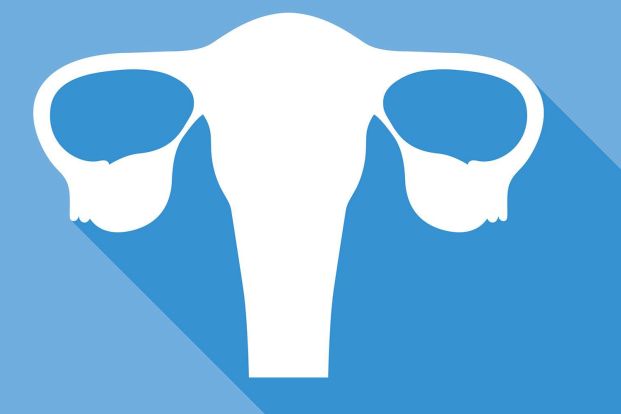Categories
- Bariatric Surgery (11)
- Black Fungus (5)
- Bone Marrow transplant (3)
- Brain Tumor Surgery Navigation Technology (20)
- Cardiac Surgery (66)
- Cardiology (97)
- Computer navigation technology for joint replacements (20)
- Covid Vaccination (17)
- Critical Care (2)
- Dental (19)
- Dermatology (31)
- Dialysis Support Group - “UTSAAH” (11)
- Dietitian (33)
- Emergency Medicine (4)
- Emotional Health (11)
- Endocrinology (33)
- ENT (20)
- Gastroenterology and GI Surgery (53)
- General and Laparoscopic Surgery (21)
- General Surgery (4)
- Gynecology & Obstetrics (183)
- Hematology (20)
- Internal Medicine (294)
- Kidney Transplant (50)
- Kidney Transplantation (20)
- Lung Cancer (8)
- Minimal Invasive Surgery (1)
- Mother & Child (20)
- mucormycosis (5)
- Nephrology (61)
- Neurology (147)
- Neurosurgery (68)
- Nutrition and Dietetics (107)
- Omicron Variant (1)
- Oncology (288)
- Ophthalmology (10)
- Orthopaedics & Joint Replacement (86)
- Paediatrics (59)
- Pediatric Nephrology (3)
- Physiotherapy (5)
- Plastic & Reconstructive Surgery (6)
- Psychiatry and Psychology (90)
- Psychologist (28)
- Pulmonology (72)
- Rheumatology (13)
- Spine Services (21)
- Transradial Angioplasty (16)
- Urology (84)
Query Form
Posted on Apr 19, 2022
Ovarian Cancer- Don't Ignore The Symptom
Ovarian cancer is a broad term used to describe cluster of different types of cancers occurring in a single organ i.e. ovary. It can occur at any age- from infancy till old age , even though ovarian carcinoma in younger/childhood comprises only 20% of all ovarian cancers. Majority of ovarian cancers are epithelial – arising from the covering from ovary or from the fallopian tube or the lining of the peritoneum of the abdominal cavity.
The Silent Killer:
Ovarian cancer is called a silent killer as majority of patients report any symptoms when the disease is in the advance stages. Hardly 2-3% of all ovarian cancers cause bleeding or hirsutism there by seeking prompt treatment. Majority of ovarian cancer occurs in peri/postmenopausal women which reflect change in interior milieu in terms of hormones.
Since the symptoms are nonspecific , women tend to ignore them due to growing age/menopause. Also, mostly women normally don’t consult physicians for such non gynecological complaints, thereby further delaying the diagnosis. It is recommended that women remain involved in their overall health and keep themselves updated to report any abnormality immediately to a specialist.

The main symptoms associated with Ovarian Cancer are:
- Bloating sensation especially after heavy meals.
- Increasing abdominal girth (especially if no change in diet or if regularly exercising).
- Increasing heaviness(fullness) in lower abdomen.
- Increasing constipation.
- Persistent Gastritis if previously absent.
- Inability to eat proper meal.
- Increasing tiredness.
- Increased frequency of urination.
- Painful contact.
Further, if there is family history of breast/uterine/ovarian cancer in first and second degree relatives, this increases the risk of developing ovarian and breast cancer. Such females should remain vigilant for above mentioned symptoms and should report promptly.



